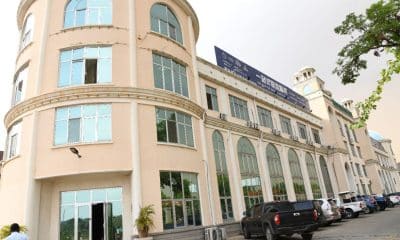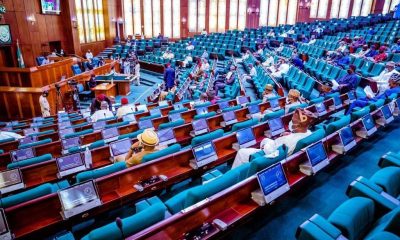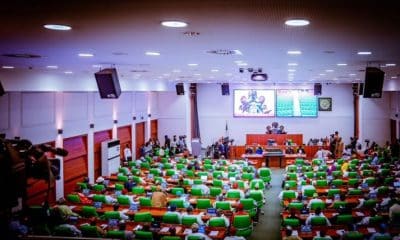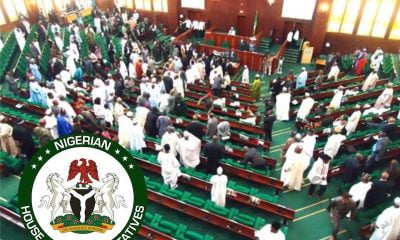Nigeria News
Use Part of Savings From Fuel Subsidy To Provide Free Malaria Treatment For Nigerians – Reps Tells FG

House of Representatives lawmakers have issued a plea to the Federal Government, urging the prompt provision of free treatment and medications for Malaria across publicly-owned hospitals nationwide.
During a Thursday plenary session, a motion of urgent national importance was presented on the House floor by Amobi Ogah, a representative of Isuikwato/Umunneochi Federal Constituency in Abia State.
In the motion, the House emphasized the gravity of malaria, characterizing it as a significant illness that is transmitted through mosquito bites carrying the infectious plasmodia parasites.
The lawmaker noted that if not treated, “Malaria can cause severe health problems such as seizures, brain damage, trouble breathing, organ failure and even death.
“Malaria is common in the tropics and does not have ‘respect’ for either race, tribe or class; it infects everybody.”
According to the lawmaker, “In 2020 (Health Essentials Report) there were 241 million reported cases of malaria throughout the world, with 627,000 deaths with the majority of the deaths (90 per cent) in Africa with more than 80 per cent involving children under the age of five years.”
In spearheading the debate, Ogah asserted that the House is cognizant of the fact that the most severe manifestation of Malaria can advance to a condition known as cerebral Malaria, potentially leading to a coma.
“This type represents about 15 per cent of deaths in children and nearly 20 per cent of adult deaths. According to Malaria treatment 2023 statistics, about 45 per cent of the total population of Nigeria get infected by Malaria on an annual basis.
“An estimated 68 million cases and 194,000 deaths due to the disease were recorded in 2021. Nigeria has the highest burden of Malaria globally, accounting for nearly 27 per cent of the global malaria burden.
“The House notes that Malaria is a cause and a consequence of poverty because both are interrelated, thus creating a very dangerous scenario that is very critical because a predominantly sick population cannot have any strong economic power.
“The House further notes that it is disturbing to understand that, the average cost of treating Malaria in Nigeria today by self-medication is about ₦5,000.00 and upon consultation with a healthcare provider with a laboratory test may cost over N10,000.00.
“Many Nigerians cannot presently afford these. Consequently, they may resort to using local herbs or sub-standard drugs that may lead to complications or even death.
“Concerned that, upon (sic) the present national economic hardship where a single meal per day is hardly affordable by most average and lower-class citizens with the exorbitant cost of living due to the removal of oil subsidy, affordability of the purchase of malaria drugs becomes even more difficult thus, the need for the intervention of the government in the provision of free malaria/treatments and drugs in government hospitals to avert the malaria catastrophe.”
He further argued that “HIV and tuberculosis that presently enjoy free treatment in Nigeria are not as prominent, widespread and even killers as malaria today.”
Following the adoption of the motion, the House urged the federal government to use “Part of the savings from the removal of petroleum subsidy to provide free malaria/treatment and drugs in all government hospitals in Nigeria.”










